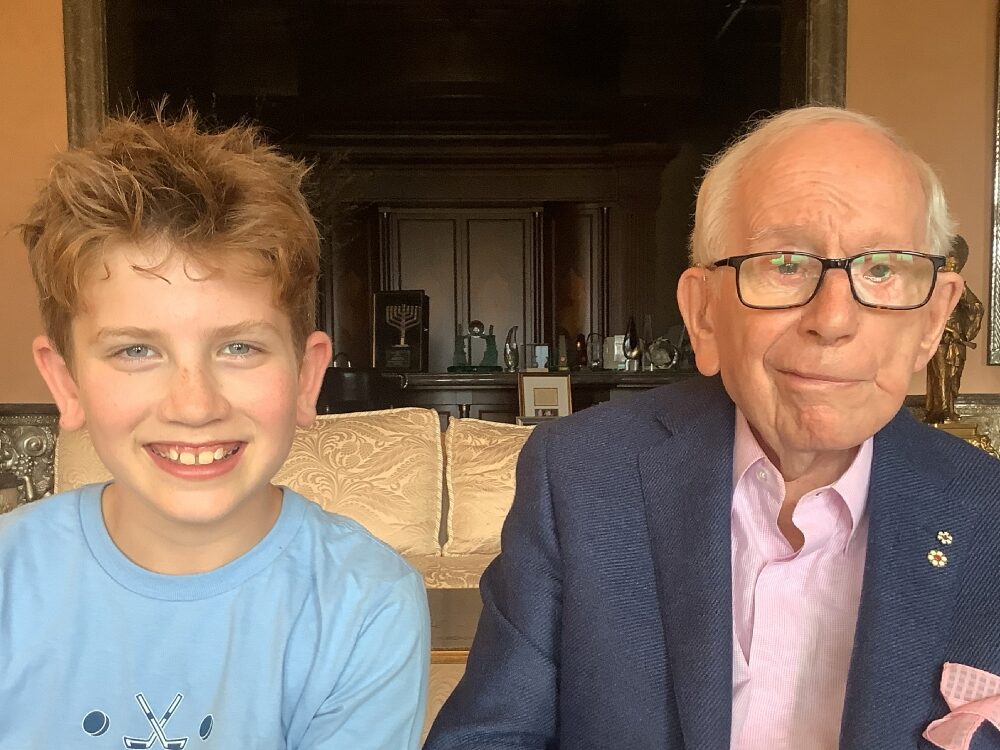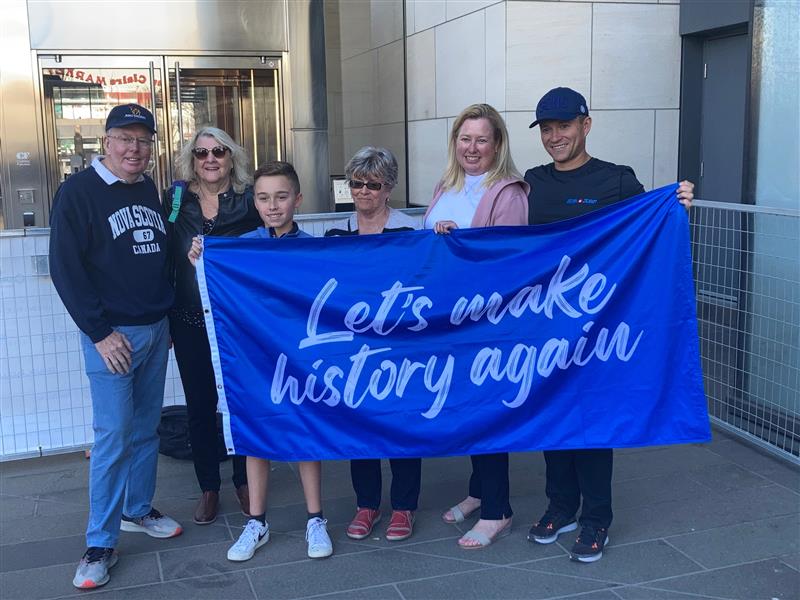
The following is a guest blog by Ryan MacDonald, volunteer co-chair of JDRF Canada’s $100M Campaign to Accelerate – JDRF’s bold fundraising campaign to raise $100M by 2025 to accelerate research to defeat the monster known as type 1 diabetes (T1D). Generous donor support is fueling our campaign to help us reach our goal. Ryan provides an update below and shares why he volunteers with JDRF.
Why I Co-Chair the $100M Campaign to Accelerate
My name is Ryan MacDonald, and I am a dad to a son with type 1 diabetes. Luke, now 13, was diagnosed when he was just five. It was a time in our lives we will never forget. His little body was not acting normal, and we didn’t know why until the doctors gave us the devastating news. Luke had T1D, immediately launching us into a new reality full of unknowns, injections, constant monitoring, and worry. Our family has been involved with JDRF and the T1D community ever since. It’s not a community we asked to be a part of, but we are so grateful for the support, for teaching us resilience, and for our collective ambition to find a cure. Luke and those living with T1D inspire me every day with their bravery which is one reason I am so committed to working with JDRF to find a cure.
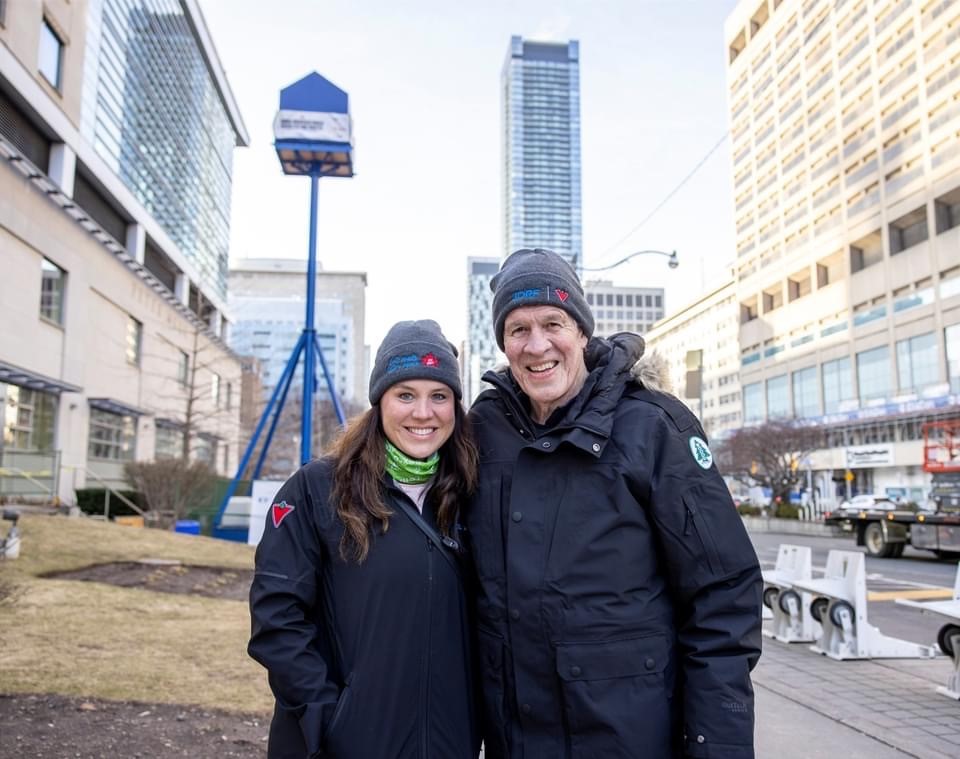
One incredible T1D family in this community is the Oliver family. Peter Oliver was my campaign co-chair, confidant, and friend. It was truly an honour to co-chair the campaign with Peter for over two years before he sadly passed away in 2022. Peter had a charismatic and sincere energy that motivated everyone to work even harder to find cures for this disease. He was a T1D father too, driven to create a better future for his daughter, Vanessa, who is also a lead campaign volunteer.
Like the original founders of JDRF in the 1970s, we are a group of families and T1D community members whose lives are forever changed by this 24/7 disease and who want nothing more than to exceed our $100M goal and accelerate a cure. Peter never slowed his fundraising efforts in more than 30 years, and we will carry on his meaningful legacy. For Peter and the 300,000 Canadians impacted by T1D, I am committed to helping JDRF and my fellow volunteers exceed our campaign goal. This is a promise we will keep for Peter and for everyone living with T1D.
Where We Are Now
Generous donors helped us achieve incredible early campaign success. Industry leaders stepped forward to spearhead challenges in the commercial real estate and wealth management sectors, galvanizing corporate Canada. Let’s Make History Again raised critical awareness and record-breaking donations for JDRF. Temerty Foundation’s gift of $10M, the largest single donor contribution to T1D research, helped bring us to the over $72M raised as of today. This nationwide effort is a tremendous testament to the community, and we are so grateful.
But now, it’s time to challenge ourselves again.
We need our community’s continued support. The $100M Campaign to Accelerate is a major gift campaign, meaning the $100 million will be raised through gifts of $5,000 or more to ensure we accelerate our shared mission of finding a cure and improving lives, making the greatest impact on the T1D community. These gifts can be made by a single donor, a family, a business, a foundation, or a group collectively donating the full amount at once.
What the Campaign Supports
Campaign gifts are needed to fuel our mission, accelerating initiatives such as:
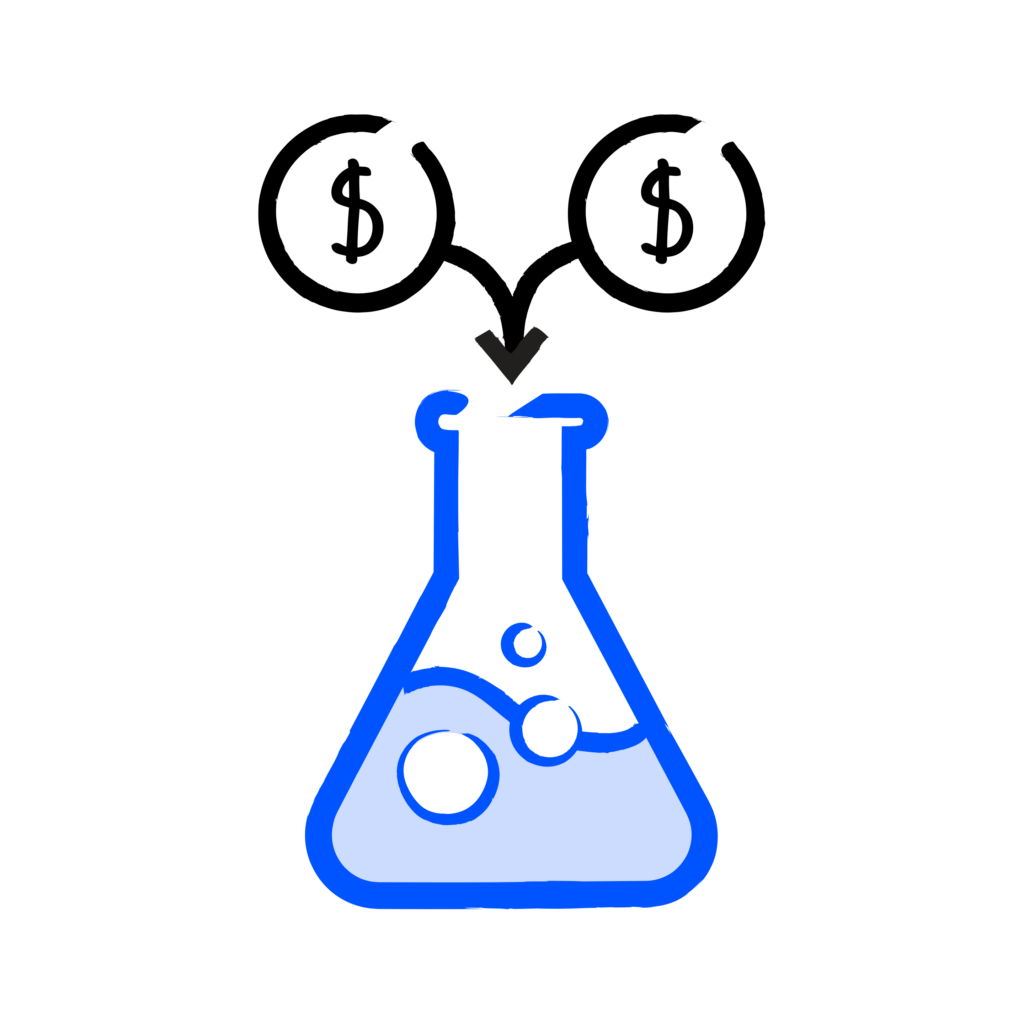
A matching partnership with the federal government through the JDRF-CIHR Partnership to Defeat Diabetes, in which the Canadian Institutes of Health Research match 1:1 all donor investments in this partnership. This partnership supports 19 high-impact projects in stem cell cure research, mental health, and more, as well as a new nationwide screening research consortium in Canada.
When I think of how traumatic it was when doctors diagnosed my son, I can only imagine how much less scary and dangerous it would have been had he been screened for the autoantibodies of T1D first. And with companies developing drugs now that can delay and possibly prevent the disease, kids and adults with T1D autoantibodies can live more carefree years. Major gifts to the JDRF-CIHR partnership have the power to do this.
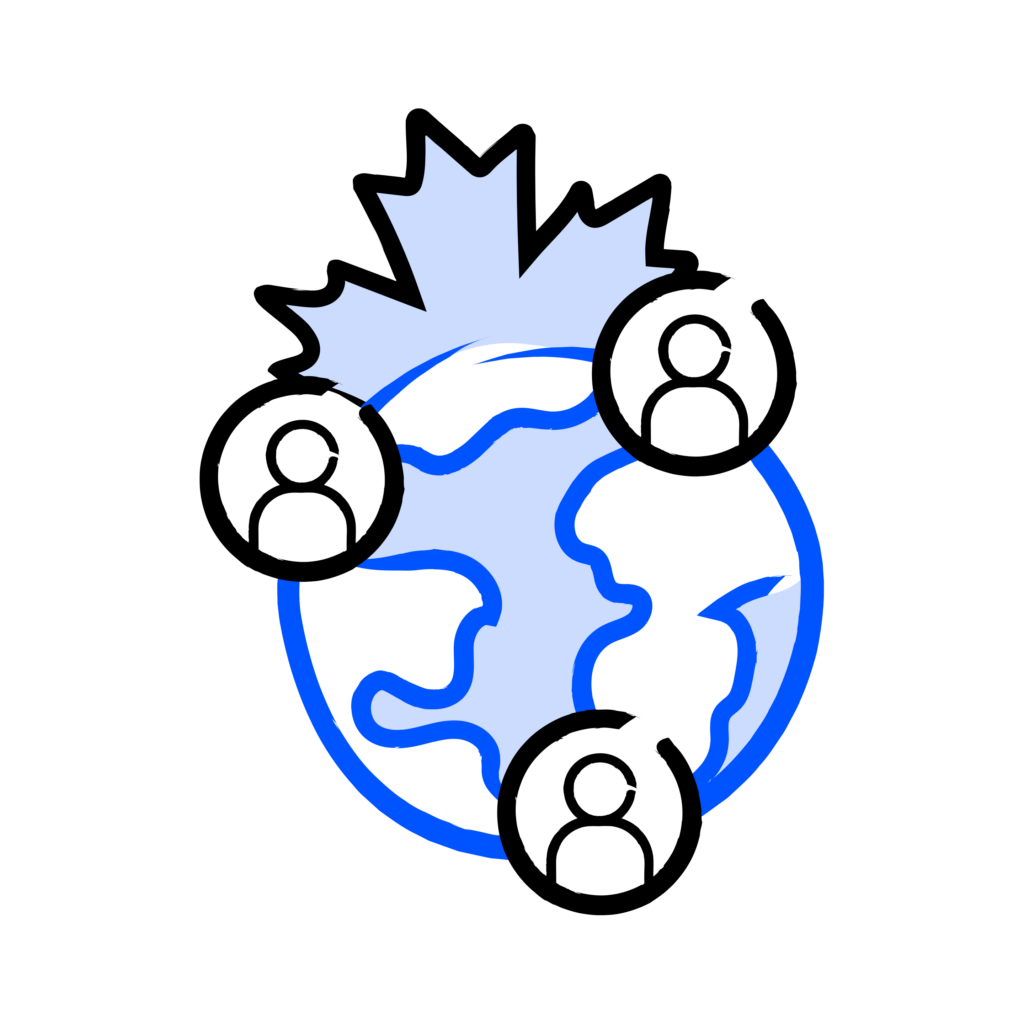
New Research Trainees and Clinical trials in Canada and worldwide. JDRF funding helps research that gets to the clinical trial stage. JDRF also helps to promote T1D trials across Canada, whether JDRF-funded or not. Clinical research is the best way to accelerate scientific discovery from the lab to patients. Many clinical trial scientific teams include new diabetes researchers bringing in novel, out-of-the-box ideas or belonging to startups leveraged by donor dollars.
Think of how the pandemic ignited the medical field and brought in new researchers to fast-track clinical trials for the COVID vaccine. Donating to JDRF’s Global Research pillar or T1D Fund accelerates worldwide innovation to bring T1D cures and treatments to people faster.

Canada’s first JDRF Centre of Excellence at the University of British Columbia, which is laser-focused on cures. World-renowned BC researchers are collaborating in unique ways to speed up cure therapies. Donors who support the Centre with gifts of $25,000 and up are featured on a beautiful permanent donor wall at UBC.
I went to Vancouver last year to visit the Centre and was blown away by the breadth and pace of cure research. It gives me so much hope for Luke to have his diabetes cured in the future!

Access for All, JDRF Canada’s program that works with the T1D community to advocate provincial and federal government for better device coverage, treatment access, and research funding. Since the launch of the program, donors have helped our advocates improve diabetes device (advanced glucose monitors and insulin pumps) coverage in eight provinces and inspired federal research funding. Continued donor support will help to further remove inequities by lowering out-of-pocket diabetes costs, ensuring patient choice, and reducing or eliminating diabetes-related emergencies, thereby easing the strain on the healthcare system.
I live in Alberta with my family now, but I grew up in Cape Breton, Nova Scotia. Both provinces have their healthcare challenges. In Alberta, we are fortunate that JDRF advocates have lobbied for changes to insulin pump and advanced glucose monitor coverage, meaning my son’s tech will be covered until he is at least 18. But in Nova Scotia, no coverage exists for advanced glucose monitors, and people must pay out of pocket for these expensive devices or still use the less reliable finger-prick method.

JDRF’s Mental Health Strategy for T1D to fill critical gaps support. People with diabetes are more likely to experience mental health challenges such as depression, anxiety and eating disorders and can benefit from interventions that prevent or treat these mental health conditions. But standard care for diabetes doesn’t always address mental health concerns, despite evidence that mental health challenges affect the physical management of the disease. Donors to this strategy are directly addressing this vital and underserved need in Canadian healthcare by funding research studies testing different mental health interventions, supporting education initiatives, and investing in a bilingual Mental Health + Diabetes Training Program for Canadian mental health providers who can then apply to be listed in our national directory where people living with T1D can connect with a mental health provider in their area.
Beyond the overwhelming burden of self-care, diabetes can be life-threateningly stigmatizing. My son used to turn his glucose alarms off at school to avoid drawing attention to himself, which could have had dire consequences. The mental health impact of T1D is profound, and I am so glad Canadians are rallying behind this critical area of diabetes care.
We need supporters now more than ever to help us reach our $100M goal and get us closer to a world finally free from the monster known as type 1 diabetes. We cannot do it without you.
You can contact me at ryan@jdrf.ca or reach out to Nicole Robson, VP of Philanthropy at JDRF, at nicole@jdrf.ca to learn more about how you can support the $100M Campaign to Accelerate.
On behalf of my family and the JDRF family, thank you!
